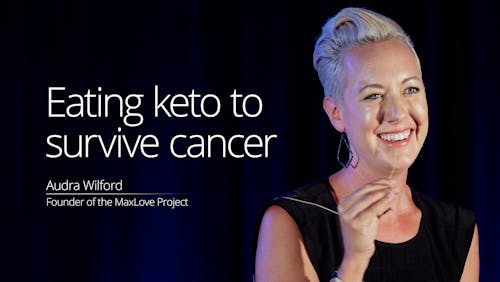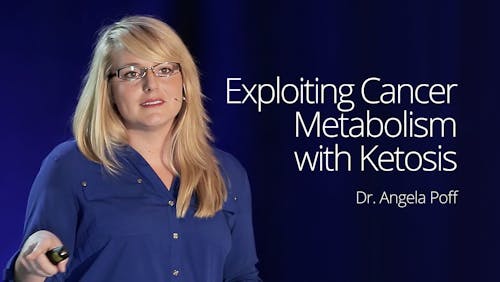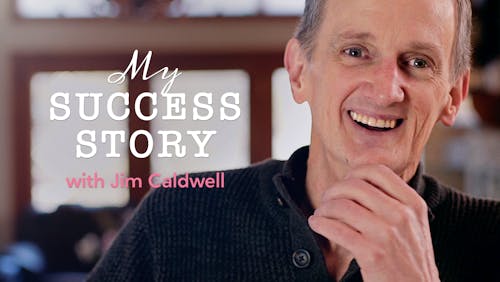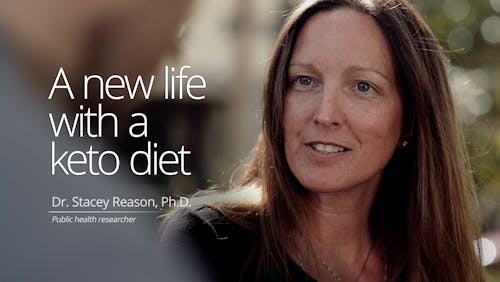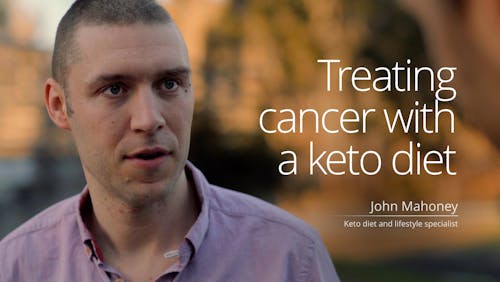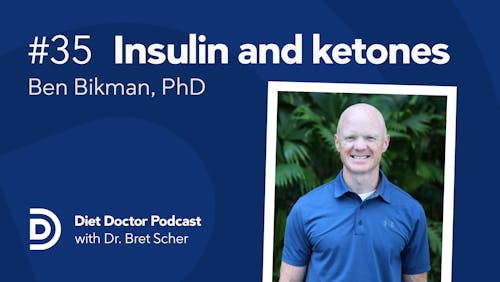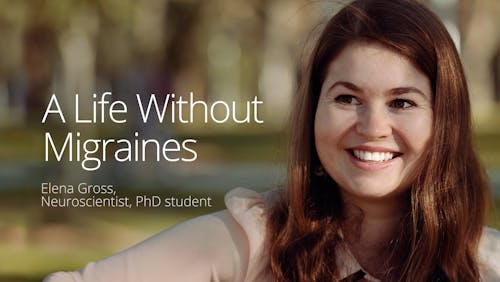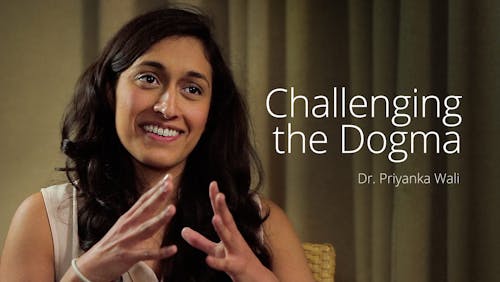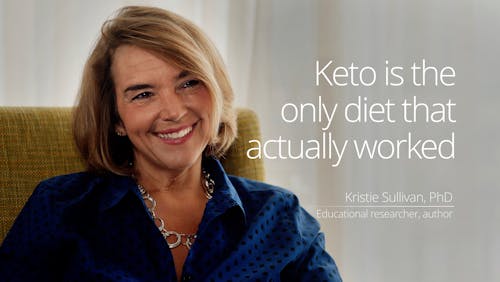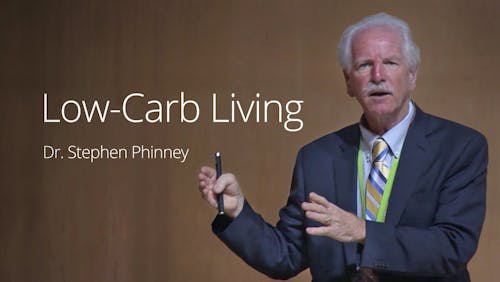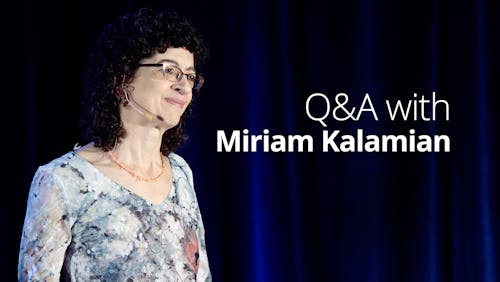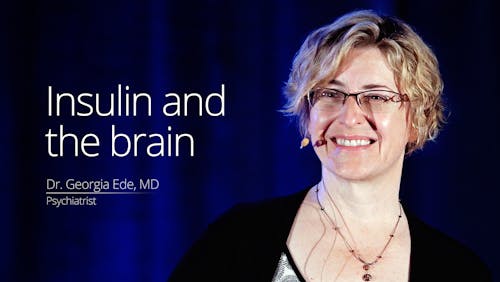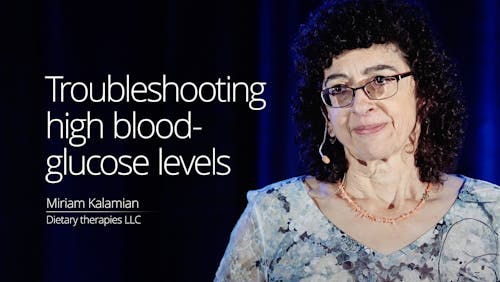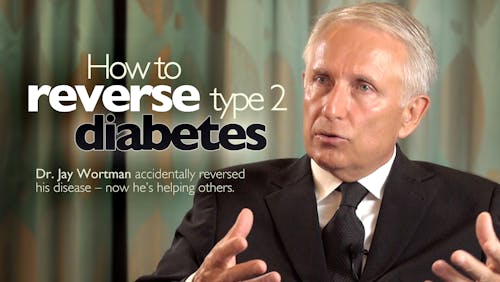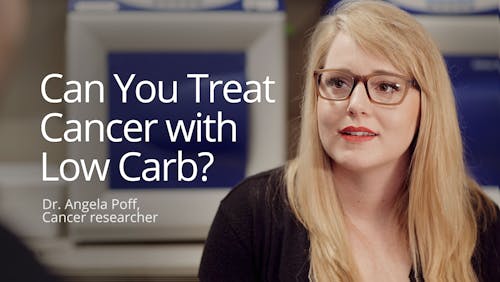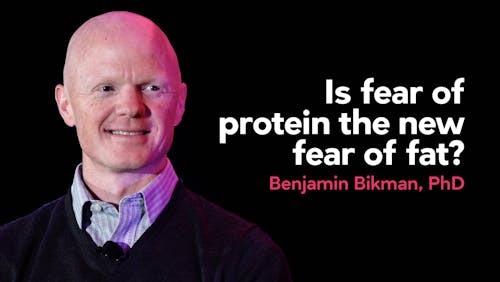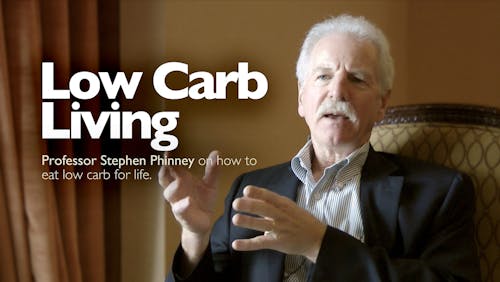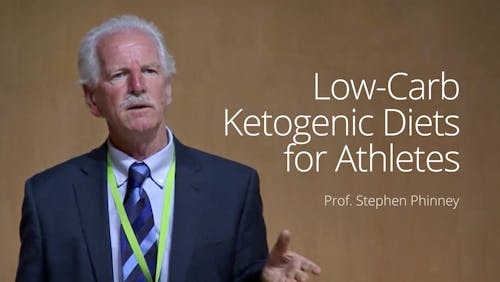New military study: “Remarkable” results among soldiers on a ketogenic diet

A new study has found that US soldiers on a ketogenic diet for 12 weeks lost much more weight, significantly improved their body composition and insulin sensitivity, but suffered no loss in physical performance compared to matched controls.
The study, by researchers at the Ohio State University by Jeff Volek, PhD, is the first to explore the feasibility and impact of a 12-week ketogenic diet on overweight US military personnel.
Military Medicine: Extended ketogenic diet and physical training intervention in military personnel
The study compared 15 overweight participants who chose to be on the ketogenic diet to 14 matched participants who chose to eat a standard mixed diet while undergoing a 12-week physical training regimen. Both diets were calorie unrestricted (ad libitum), meaning the participants did not have to count calories and could eat until satiated.
Those on the ketogenic diet lost an average of 17 pounds (7.5 kg), 5 percent of their overall body fat, 44 percent of their visceral fat, and had their insulin sensitivity improve by 48 per cent. There was no change in the participants on the mixed diet. Training results in physical strength, agility, and endurance in both groups were similar.
The researchers noted:
The most striking result was consistent loss of body mass, fat mass, visceral fat, and enhanced insulin sensitivity in virtually all the ketogenic diet subjects despite no limitations on caloric intake. Physical performance was maintained…. These results are highly relevant considering the obesity problem affecting all branches of the military.
The study notes that the modern soldier needs to maintain optimal health and readiness, but that an estimated two-thirds of US military personnel are currently overweight or obese, which mirrors the obesity epidemic in the general US population. The US military follows the US dietary guidelines when feeding personnel; thus, low-fat, high-carbohydrate foods are standard fare for troops.
The soldiers on the ketogenic diet kept their carbohydrate consumption under 50 grams a day, measured their ketones daily, and all achieved optimal nutritional ketosis for the duration of the study. The mixed diet subjects ate normally. The 12-week trial enabled adequate time for keto-adaptation, the authors noted.
Although neither group counted calories, the ketogenic diet group naturally reduced their caloric intake while eating to satiety.
The most noteworthy response was a spontaneous reduction in energy intake, resulting in a uniformly greater weight loss for all ketogenic diet participants.
The researchers, as well as other commentators, noted the study’s limitations, particularly the fact it was not randomized. The 15 participants on the ketogenic diet had self-selected — chosen — to be on the diet and therefore there may be a selection bias.
The researchers said the non-randomization, however, increased individual compliance to the diet and may improve the translation of the results to real world military circumstances where the ketogenic diet “requires considerable personal commitment” and that enlisted individuals “have the option of which diet to follow.”
Researcher Dr David Ludwig, who was not involved in the study, called the results “impressive” in a tweet:
I haven’t seen this magnitude and consistency of effect on ad libitum low fat diet, even with self-selection. But we’ll need the RCTs.
It must be stressed that along with the non-randomization, it was a small sample size; more high-quality studies are necessary. As well, only two women were enrolled in the ketogenic diet arm, and while they responded in a similar pattern to the men, more investigation is needed to explore any sex differences and individual variation in the response to the diet.
However, the researchers concluded the ketogenic diet is feasible to do among military personnel and “represents a credible strategy to enhance overall health and readiness of military service members who could benefit from weight loss and improved body composition.”


A ketogenic diet for beginners
Guide Here you’ll learn how to eat a keto diet based on real foods. You’ll find visual guides, recipes, meal plans and a simple 2-week get started program, all you need to succeed on keto.
Earlier
Is Weight Watchers ‘getting crushed by keto’?
New research: keto improves liver health markers
Cutting liver fat by cutting added sugars – could it be that simple?
